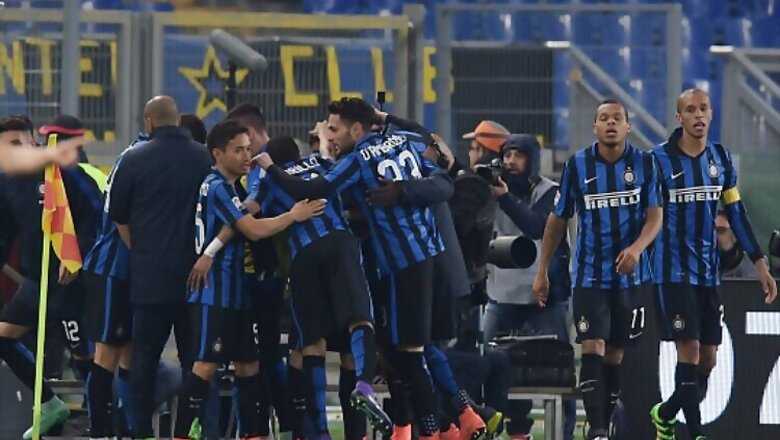
views
Milan: Serie A's recent decline has been variously attributed to the Italian economy, decrepit stadiums, eccentric owners, and violent and racist fans.
Inter Milan chief executive Mike Bolingbroke believes that there is another, seemingly trivial, reason while the Italian league has fallen behind its English and German counterparts: kick-off times.
Bolingbroke says that the habit of starting some matches at 8:45 p.m. leads to a triple whammy of half-empty stadiums, a poor television spectacle and, most crucially of all, lower sales to Asian markets.
"It's a disaster for the league," he told Reuters in an interview.
Bolingbroke, who as right-hand man to club president Erick Thohir is responsible for trying to restore Inter's position among Europe's elite clubs, said that the first problem was that, particularly on a Sunday, late kickoffs keep families away.
"You won't get kids going, so if the kids are at home, the parents have to be at home," he said.
Although Bolingbroke has been told that broadcasters like the late kick-off, he said he found that a 'little difficult to believe'.
"What the broadcasters want is a great product and they're not going to get a great product when there are empty seats," he said.
"The best product is the Bundesliga or Premier League where the stadiums are sold out, and neither the Bundesliga nor the Premier League regularly play games at 8:45 in the evening."
Worst of all, he says, it is a dreadful time for Asian viewers, the very people he believes can help pull Serie A out of the doldrums and put it back on a level footing with the other top European leagues.
INTERNATIONAL REVENUES
"We've got swathes and swathes of people in Asia who would love to see our games at times that are appropriate for them, and a mid-afternoon kickoff here is an evening kickoff in Asia.
"(A mid-afternoon kick-off) is a perfect time for Asian fans to watch the game and that would drive up international revenues," he said, adding that 190 million of Inter's estimated 250 million supporters were in Asia.
Inter won a Champions League, Serie A and Coppa Italia treble under Jose Mourinho in 2010 but years of lavish spending left them struggling to fulfil UEFA's break-even Financial Fair Play rules when they were introduced in the 2014-15 season.
In November 2013, a consortium led by Indonesian business tycoon Thohir bought a 70 percent stake in the club and has since been picking up the pieces and rebuilding.
Bolingbroke recognises that Inter relies on Serie A becoming great again before the club can follow suit, a process which centres around the distribution of television revenues.
One of the reasons the Premier League was so successful was that television money was more evenly distributed, he said.
"But it's not about giving all the clubs a larger slice of the cake because the cake is only a certain size and that means other clubs have to give some money up, which of course would be us," he said.
"The way around that is to make the cake bigger and to do that, you need to raise the revenues and the way we are going to do that is with international revenues.
"You could then distribute the revenue in a way that would mean all the teams could afford great players and you would then have great football played at every game."
Inter's problems include the city-owned San Siro, which they share with rivals AC Milan and badly needs modernisation.
"Everybody recognises that it can't stay as it is," said Bolingbroke. "It needs investment, it needs renovation, but it has a fantastic brand... Bernabeu, Nou Camp and San Siro, those are stadiums people talk about in one breath."
He said Inter had ruled out following the Juventus example of building their own arena, and would instead concentrate on redeveloping the 90-year-old ground, which has already undergone two major renovations.
"The key is to fill the stadium; you want to have a product where people have their noses pressed against the glass, where you've got to get a ticket early because they sell out,” he said.











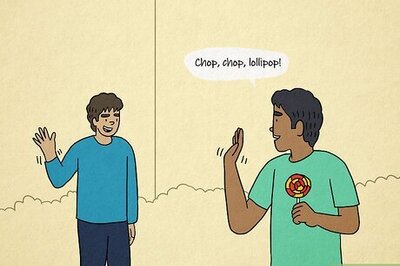


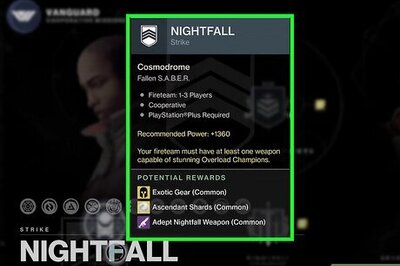
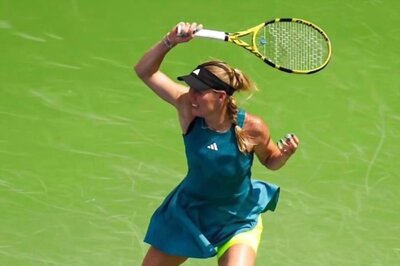
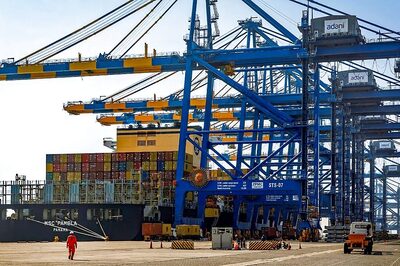
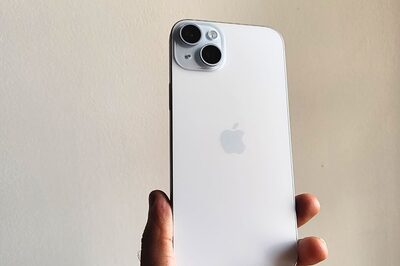

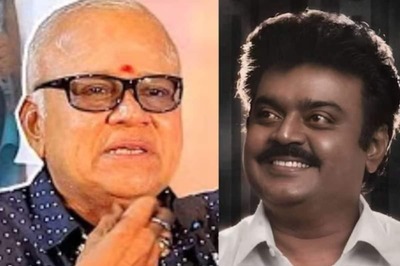
Comments
0 comment